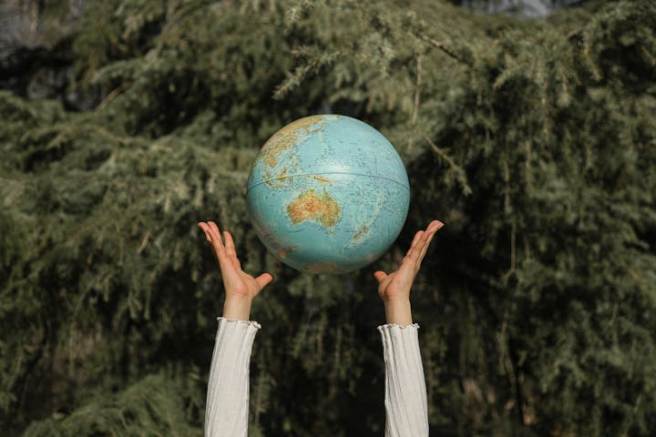Did your productivity under lockdown increase? Nope, I was busy staying alive, but I learned a lesson or two on mental health

Editor’s note: This story was originally published by Dr. Abel Polese on his blog Coffee and Cocktails Podcast. It has been republished here with permission.
Raise your hand if you ever thought at the beginning of the pandemic: “With lockdown, there is plenty of time to rest, learn a new language, pick up an instrument, and take care of myself”. I now wonder if anyone managed these things. In a climate of utmost uncertainty about the future, remaining in good mental health should already be regarded as a major achievement.
For me, the biggest challenge has been the lack of personal interaction. I initially welcomed the idea of reduced interaction, and less social pressure, but humans (myself included) live off scents, body language and face-to-face contact. In the long run, this lack of social interaction has become more of a curse than I expected.
I remember pre-lockdown spending time reading posts and tweets to make sense of all that was happening to see if I would be allowed into the next country where I had a meeting or just call it a day (well, a year). My initial plan was to complete fellowships that I had been delaying for years: Helsinki, then Almaty, followed by Chisinau until I landed in February in Daegu (the Korean epicenter of the outbreak); a sort of jackpot, just the other way around. In the end, I had to evacuate.
I frightfully saw borders closing after me like in an action movie. Fearing refoulement at any stop, I made it to my “arrival point”, Kiev, Ukraine, in March – 4 days before its international borders were sealed. By the end of the month, walking sober in a park in Ukraine would cost you more in fines than being caught completely drunk driving your car.
Logistically this location was a good choice. Supermarkets were never ravaged by “buy-it-all” shoppers, and toilet paper and home delivery food were widely available. My kids were also there this year. They are old enough to be autonomous during online schooling but small enough to be tickled during breaks. In addition, I share 50% custody with their mother (one week each) so I have had some free time. To maintain being socially active, during “her” week I visit them. My affective life was not really “interrupted” like others’. But being “better off” than others does not mean “feeling good”. You still need to make efforts to preserve your mental health. I have seen many around me sink into their gloomiest thoughts. I have thus tried to make up for the lack of social interaction by doing the following:
Set a deadline: It is impossible to change your life indefinitely. But you can tell yourself “for the next 30 days, I will live like this”. After 30 days you can just renew this period. Gradually sliding into a new reality will make it easier for your brain to adapt.
Be compassionate with yourself: A pandemic is an outstanding event. If you want to procrastinate more, sleep, or watch a movie, just do it. Do not feel guilty because you are not as productive as you imagined. You are unique and your reaction to a crisis situation may differ.
Get some fresh air and some sunlight: I rented a room 15 minutes’ walk from the river and 20 minutes from the woods. I walked up to 3-4 hours per day alone and in respect of the nation’s lockdown rules to make up for the lack of communication.
Eat well: Under stress, I tend to eat sweets and gain weight. Setting “losing weight” as a goal gave me something to work towards to get a sense of achievement and feel comfortable in my body, which is important when the rest of the world is falling apart.
Make going out an excuse to take care of yourself: The temptation to stay in my pajamas was high but I was well aware of its long-term risks. Going to the shop to buy that missing ingredient, or just to do some reading on a bench was an excuse to leave the house and exchange a word with the grocery store security clerk.
Reduce internet activities: Interaction with other people gives you energy, but internet interaction can suck more energy out of people than it gives, so I decided to concentrate on writing, reading and working.


